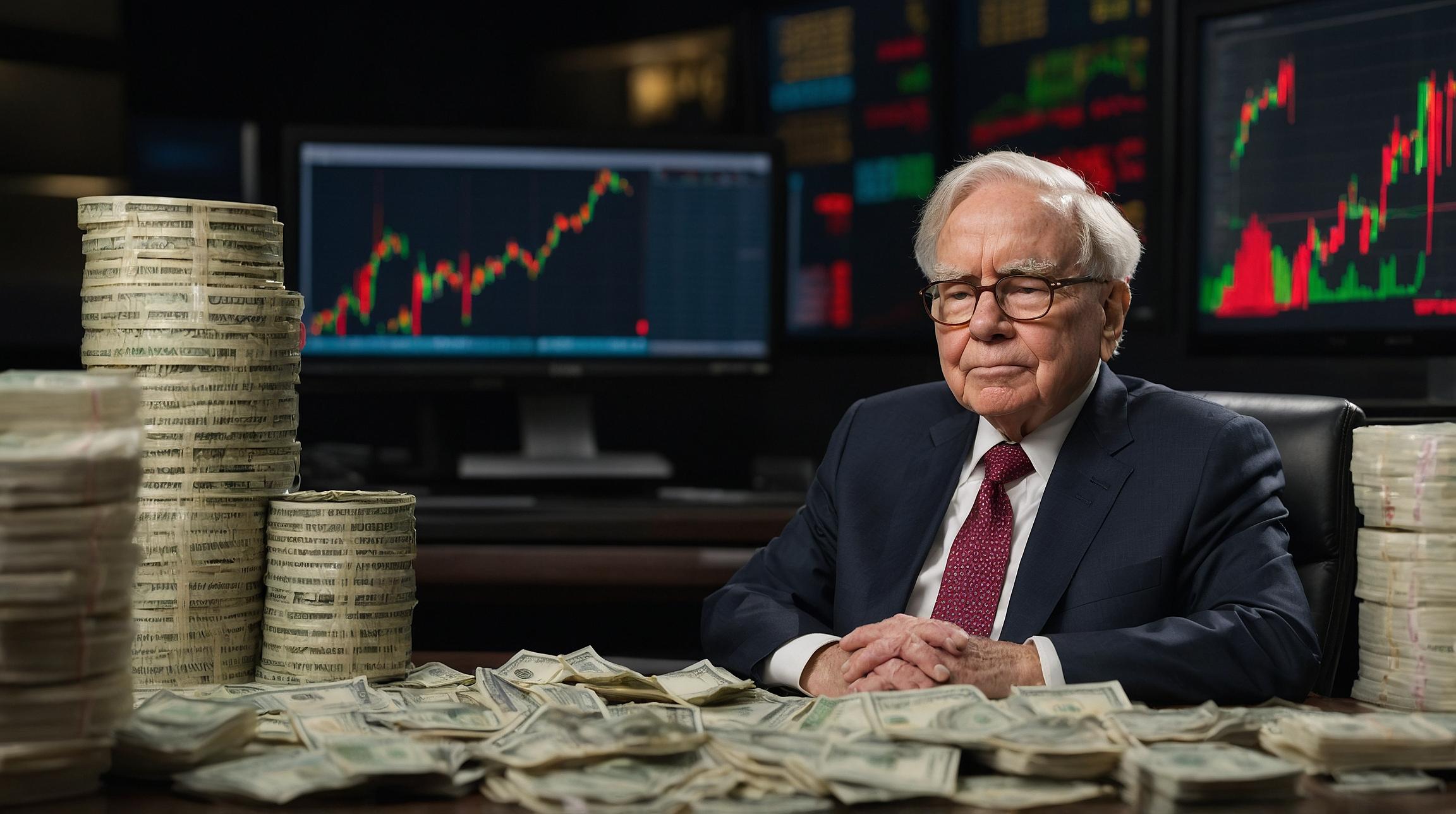Warren Buffett's Historic Stock Sale: A Signal of Caution
Warren Buffett, renowned as one of the greatest investors, has sent a significant warning to stock investors. As the chairman and CEO of Berkshire Hathaway, Buffett has transformed the company from a struggling textile business in the 1960s to a $900 billion conglomerate. Despite his legendary track record, Buffett's recent actions suggest caution in the current stock market landscape.
The Massive Cash Pile: A Clear Warning?
In the second quarter, Berkshire Hathaway's cash and Treasury bill position surged to $277 billion, marking an increase of $88 billion from the previous quarter. This massive cash reserve indicates Buffett's hesitancy to invest heavily in the current market, suggesting he doesn't find many attractive investment opportunities.
Unprecedented Stock Sales
Buffett sold over $77 billion worth of stocks in Q2, the largest stock sale in his history. Notable among these was the reduction in Berkshire's Apple holdings, which once comprised nearly 50% of its portfolio. As of June 30, Apple shares were worth $84.2 billion, representing 29.5% of Berkshire's investments. This indicates a significant scaling back of Apple's shares, reflecting Buffett's strategic response to corporate tax codes and capital gains.
Additionally, Buffett trimmed his position in Bank of America, selling $3.8 billion worth of shares since mid-July. These sales are strategic, as Buffett capitalizes on significant gains under favorable tax conditions, while remaining cautious about reinvesting in a market he views as overvalued.
Reassessment of Share Buybacks
Berkshire's share repurchase strategy also reflects Buffett's cautious stance. In June, he refrained from repurchasing Berkshire shares for the first time since May 2022. With minimal buybacks amounting to just $345 million for the quarter, Buffett's stringent approach underscores his view that share repurchases should be price-dependent and conducted only when the stock trades below its intrinsic value.
What This Means for Investors
Buffett's actions suggest caution in the current stock market, highlighting concerns over stretched valuations and uncertain future returns. While he remains optimistic about the long-term prospects of the American economy, the immediate outlook appears less promising. Despite this, investors should consider their own circumstances, as Buffett's massive portfolio limits his options compared to the average investor.
For individual investors, small-cap stocks and broad-based index funds may offer attractive opportunities. Buffett himself has long recommended index funds as a simple and effective investment strategy for retail investors. While his recent moves serve as a warning, the stock market remains a viable avenue for long-term wealth growth.













